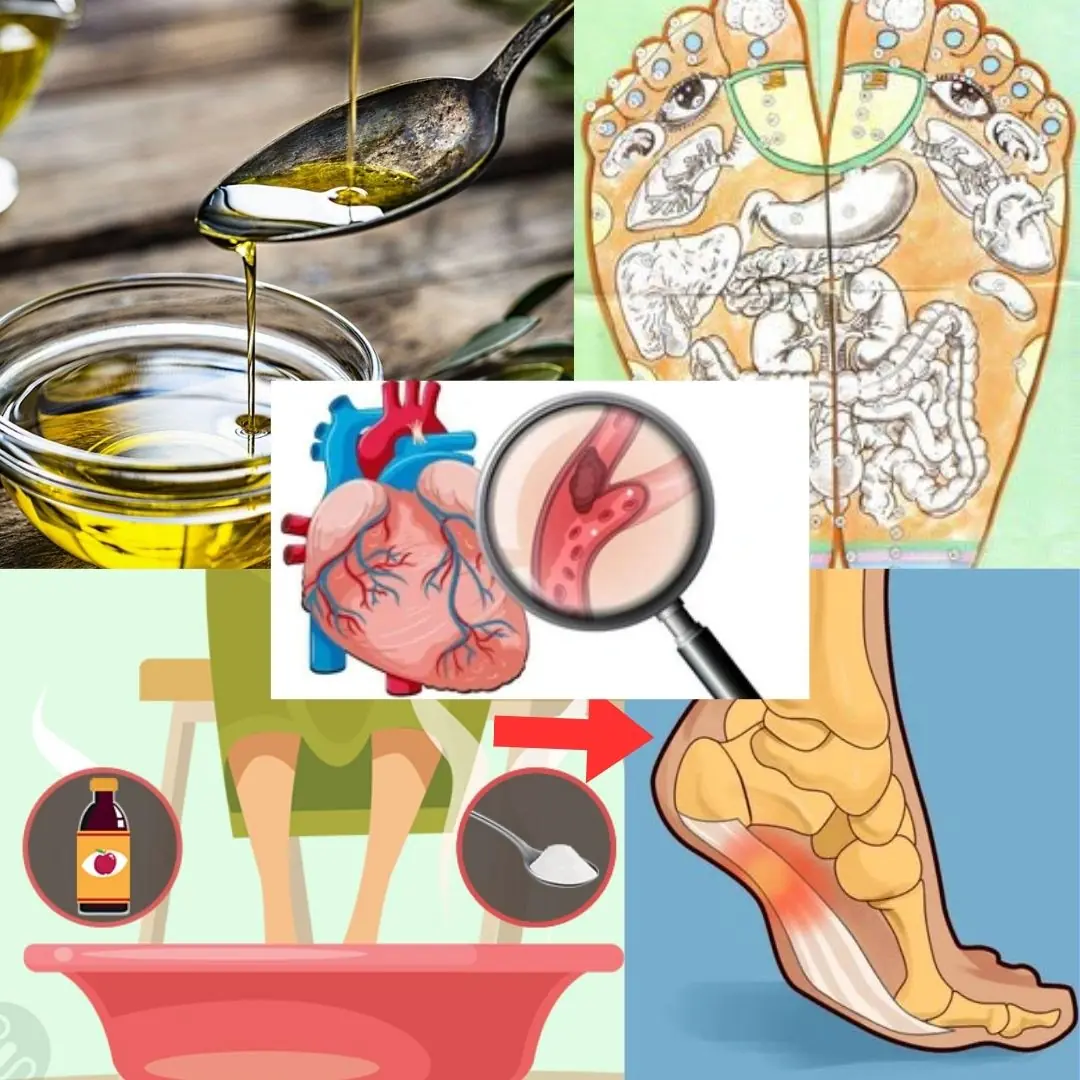
3 Phrases Narcissists Commonly Use, According to a Psychologist
Recognizing Narcissistic Behavior in a Romantic Relationship: Subtle Phrases That Signal Trouble
Identifying narcissistic behavior in a romantic partner can be incredibly difficult—especially when emotions, attachment, and love blur our judgment. Often, manipulative tendencies are hidden beneath seemingly benign language, making it even harder to see the red flags. However, mental health professionals emphasize the importance of learning to recognize these subtle signs early on to protect your emotional well-being and preserve your self-worth.
Psychotherapist Erin Leonard has drawn attention to three seemingly harmless phrases that narcissists often use. Though they may appear innocent on the surface, these phrases can actually indicate deeper emotional manipulation and a lack of genuine empathy.
1. “I’m sorry you feel that way”
At face value, this phrase might sound empathetic or conciliatory. But according to Leonard, it’s often a covert way of deflecting responsibility. Rather than sincerely acknowledging your emotions or reflecting on their behavior, a narcissist may use this phrase to dismiss your feelings entirely. It's a subtle form of invalidation that shifts the focus away from their actions and places the emotional burden back on you.
This type of response not only fails to create emotional safety but can also deepen feelings of isolation and confusion. Over time, repeated exposure to such detached remarks can erode your self-confidence and make you doubt your emotional responses.
Instead of phrases that shut down dialogue, Leonard recommends using language that invites connection, such as, “I may not fully understand why you’re upset, but I want to learn.” This approach creates space for vulnerability and mutual understanding—key ingredients in a healthy relationship.
The Daily Mail also highlights how such emotionally distant communication patterns can lead to chronic emotional neglect, creating a toxic dynamic that’s hard to escape. Recognizing these signs is the first step in breaking that cycle.
2. “You have anger issues”
When tensions rise, narcissistic individuals often resort to blame-shifting to avoid accountability. A common tactic involves turning the tables by accusing their partner of being overly emotional or unstable. Phrases like “You have anger issues” serve to pathologize natural emotional reactions, effectively discrediting any valid concerns the partner may have.
Leonard explains that this is a classic example of projection—where the narcissist projects their own inability to regulate emotions onto their partner. This is often coupled with gaslighting, a manipulative strategy that makes the victim question their own reality, feelings, and responses.
These tactics can leave the partner feeling disoriented, anxious, and unsure of themselves. Over time, this emotional erosion can make it harder for them to set boundaries or advocate for their needs.
Understanding the motivations behind such phrases is critical. Once recognized, individuals can begin to reassert their emotional autonomy by setting clear boundaries and insisting on respectful communication during conflict.
3. “You ruined it”
Another manipulative phrase that often surfaces in narcissistic dynamics is: “You ruined it.” This is typically used in response to a disagreement or emotional confrontation and is frequently followed by passive-aggressive behavior such as silent treatment or emotional withdrawal.
This phrase is designed to induce guilt, silence criticism, and shift blame entirely onto the partner. By casting themselves as the victim, narcissists avoid accountability and maintain control over the emotional narrative. Leonard notes that this form of guilt-tripping suppresses authentic dialogue and allows unhealthy power imbalances to persist.
When one partner feels consistently responsible for “ruining” things, they may begin to avoid expressing their true feelings altogether, walking on eggshells to preserve harmony. This leads to emotional repression and growing resentment over time.
Experts like Leonard emphasize the importance of addressing conflict openly and constructively. Avoiding difficult conversations in order to appease a partner only enables manipulation and deepens the emotional strain.
Protecting Your Mental and Emotional Health
Being in a relationship with a narcissist can take a serious toll on your mental health. It can chip away at your self-esteem, distort your sense of reality, and leave you emotionally exhausted. Leonard's insights underscore the importance of spotting these manipulative patterns early and responding with clarity, assertiveness, and compassion for yourself.
Establishing firm boundaries, engaging in honest self-reflection, and prioritizing your emotional well-being are key to breaking free from the cycle of emotional manipulation. Whether you choose to stay and work through the issues or decide to walk away, understanding these behaviors equips you with the tools to make empowered decisions.
Recognizing manipulative phrases like these is more than just a red flag—it’s a call to action. By becoming more aware, you can reclaim your agency, rebuild emotional resilience, and move toward relationships grounded in respect, empathy, and mutual care.
News in the same category


World-first sperm race is happening soon and the creators have revealed how it will work

Scientists Grow First Fully Formed Tooth In Lab — A Groundbreaking Breakthrough

New COVID Wave Surges — Health Officials Sound Alarm As Cases Double

10 Things That Men May Find Unattractive About Women Over 50

8 Signs You Might Be Affected by Lactose Intolerance

Understanding Diabetes: Types, Symptoms, Risks, and How to Manage It

Doctors Highlight A Rare Cancer Symptom That Can Appear On Your Toenails

Stroke Warning Signs: When Your Body Sends a Silent SOS

Understanding Cholesterol: The Good, the Bad, and How to Keep It in Check

Only 1 Cup a Day: Choose 1 of These 3 Drinks to CLEANSE Your Fatty Liver!

SHOCKING Tips to Lower Cholesterol! Foods You Need to Know!

7 Kinds of Pain That Shouldn't Be Ignored

Natural Nighttime Elixir: Reduce Belly Fat in Four Days Safely

10 Reasons You’re Drooling While You Sleep and What It Could Mean

Scientists Successfully Grow Human Teeth in Lab — A Breakthrough in Dental Regeneration

The 4 Dangerous Qualities of “Dark Empaths”

7 SHOCKING Benefits of Cayenne Pepper You Never Knew!

What Is Brain Fog? Scientists Are Finally Starting to Find Out

70-Year-Old Woman Who Used Her Deceased Son's Sperm to Have His Child Through Surrogacy Shares Update After Birth
News Post

Homemade Natural Painkiller: A Simple 3-Ingredient Remedy for Fast Relief

URGENT: These Foods Improve Circulation INSTANTLY!

THEY BEGGED ME TO QUIT MY JOB TO WATCH MY GRANDKIDS – NOW THEY'RE DUMPING ME FOR DAYCARE

Grandma Saw the Sweater She Knitted for Her Granddaughter Donated and Decided It Was Time for a Talk About Appreciation

My Late Mom Left Me a Trust Fund, but My Dad Took Money from It for His Stepdaughter — I Finally Retaliated

My Husband Made Me Sell My Apartment to Pay Off His 'Business Debts' After Being 'Dumped' by His Partner — But It All Turned Out to Be a Lie

My Landlord Raised My Rent Because I Got a Promotion — Big Mistake Messing With a Single Working Mom of Three

All the Guests Brought Black Gifts to My Birthday Party — If Only I Knew What Was Coming

Cleaner Stepped Into a Stranger’s Home

My Mom Avoided Me for Years

My Best Friend Asked Me to Watch Her Kids for an Hour – I Didn't See Her Again for 7 Years

My Husband Had Been Secretly Transferring Money from Our Joint Account to My Best Friend for Months

Doctors make disturbing discovery in the brains of heavy alcohol drinkers that 'can cause long-term effects'

World-first sperm race is happening soon and the creators have revealed how it will work

Scientists Grow First Fully Formed Tooth In Lab — A Groundbreaking Breakthrough

New COVID Wave Surges — Health Officials Sound Alarm As Cases Double

10 Things That Men May Find Unattractive About Women Over 50

8 Signs You Might Be Affected by Lactose Intolerance

Understanding Diabetes: Types, Symptoms, Risks, and How to Manage It
